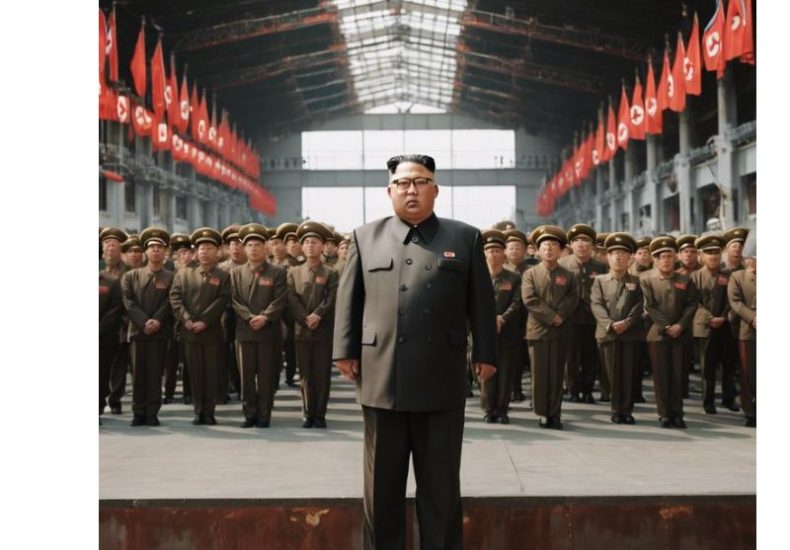
Kim Jong Un Commands North Korea to Boost War Readiness
Kim Jong Un Commands North Korea to Boost War Readiness
North Korean leader Kim Jong Un has ordered the country’s military to accelerate its preparations for potential conflict. This directive, delivered during a high-level meeting, reflects escalating tensions on the Korean Peninsula and raises global concerns about regional stability.
North Korea’s Focus on Military Strength
Kim Jong Un emphasized the importance of enhancing North Korea’s military capabilities during a meeting with top officials. His remarks highlighted the need for readiness amid perceived threats from external forces.
- Modernization of weapons: Kim stressed the development of advanced weaponry, including ballistic missiles and nuclear capabilities.
- Combat training: The directive includes intensified military drills to ensure the armed forces are prepared for any conflict scenario.
This move aligns with North Korea’s ongoing efforts to demonstrate strength on the international stage.
Reasons Behind Kim Jong Un’s Order
The decision to boost military readiness is driven by several factors:
- Increased U.S. and South Korean exercises: Joint military drills between the U.S. and South Korea are viewed as provocative by North Korea.
- Geopolitical pressures: Ongoing sanctions and diplomatic isolation continue to strain Pyongyang’s relations with the global community.
- Internal stability: Strengthening the military serves to consolidate Kim’s leadership and project power domestically.
These motivations reflect North Korea’s determination to assert its sovereignty and deter perceived threats.
Global Reactions to North Korea’s Moves
Kim Jong Un’s directive has drawn mixed responses from the international community:
- U.S. and South Korea: Both nations have expressed concern, urging North Korea to pursue diplomacy rather than militarization.
- China and Russia: While historically supportive, these nations have called for restraint to prevent regional instability.
- United Nations: The UN continues to advocate for denuclearization talks to reduce tensions on the Korean Peninsula.
Global stakeholders remain watchful as North Korea’s actions could impact peace efforts in the region.
Implications for Regional Security
The order to bolster North Korea’s military readiness poses several risks:
- Increased tensions: Escalating military activities heighten the risk of miscalculation or accidental conflict.
- Arms race: Other nations in the region may respond by upgrading their own military capabilities.
- Humanitarian concerns: Resources directed towards military development could exacerbate economic struggles within North Korea.
While the move strengthens North Korea’s defense posture, it also underscores the urgent need for dialogue to prevent further escalation.
Kim Jong Un’s directive to enhance North Korea’s war capabilities signals a significant shift in the region’s security dynamics. As tensions rise, the international community must balance strategic pressure with efforts to reinitiate peaceful negotiations, ensuring stability on the Korean Peninsula.